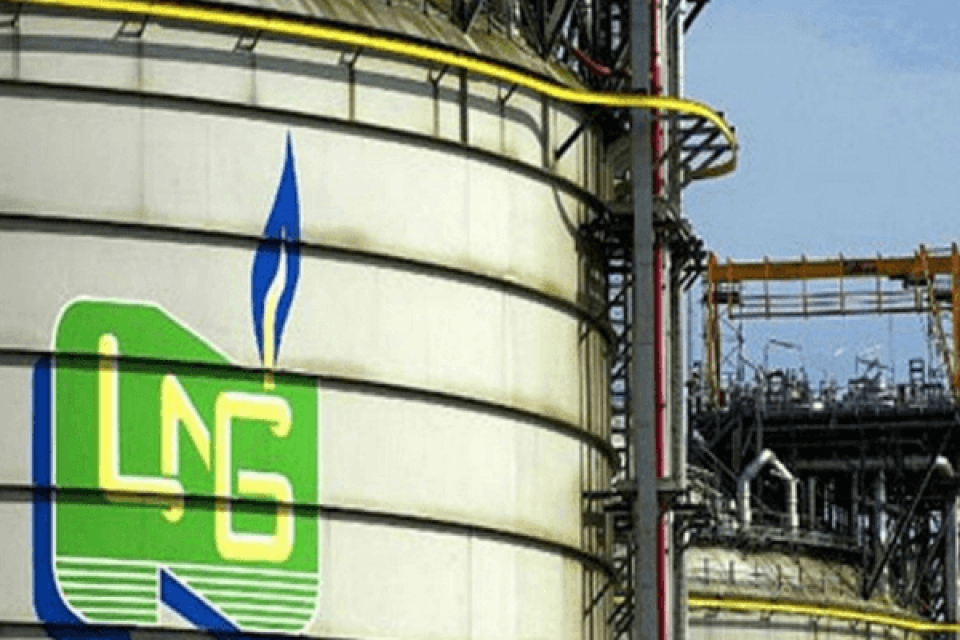- We hope lessons have been learnt from past mistakes
Plagued by an utterly inept and self-serving leadership. That, would be an apt summary of the fate of Nigeria’s flagship investment – the Nigerian Liquefied Natural Gas (NLNG).
A tragic story of an entity that once boasted as the fastest growing in the world, with a 10 percent chunk of the global market. it has now regressed into the current situation in which its market share has not only shrunk to seven percent, but one in which the next train is only now taking off, 15 whole years after.
In the words of Tony Attah, the chief executive officer of Nigeria LNG (NLNG), “Between 1999 and 2006 we were deemed the fastest-growing LNG company in the world…because almost every 18 months we were adding a [liquefaction] train.”
“The project’s first train” he said, “started up in 1999 and by 2007 six trains were up and running with a total nameplate capacity of 22.2million tonnes/year. And NLNG had ambitious plans for further expansion. Trains 7 and 8 were to be “mega-trains,” with capacities of 8.5million tonnes/year each, which would have taken the total to 40million tonnes/year.”
As it turns out, that did not happen – squelched by a combination of indifference and myopia on the part of the political leadership – at least until last year when the Final Investment Decision (FI) was taken. it culminated in the recent award of the Engineering Procurement and Construction (EPC) contract.
To describe the charade of the last decade and half under successive Peoples Democratic Party (PDP) administrations as scandalous is to be overly generous.
For reasons that are as inexplicable as they are absurd, the Olusegun Obasanjo administration apparently acted as if it had had enough of NLNG and so opted for a brand-new entity – the Olokola (OK) LNG, a two-train 12.6million tonnes/year project to be sited in Ogun State.
With the project some distance from potential sources of feed gas, the foreign shareholders simply took a walk, leaving the Nigerian National Petroleum Corporation (NNPC) to carry its baby. Apparently taking a cue from the Obasanjo administration before it, the Goodluck Jonathan administration came up with its own Brass LNG, a two-train 10 million tonnes/year facility to be sited in his home state of Bayelsa.
As if driven by the need to leave white elephants behind, and apparently unpersuaded about the much touted success story of Trains 1- 6 and their proven viability, billions of Naira of taxpayers’ funds were poured into the uncharted greenfield projects with nothing to show for it.
That this was allowed to happen in a sector where an earlier model has become an exemplar, not only in sound business judgment but in private-public partnership, is worse than tragedy.
And to imagine the humongous cost of the criminal misjudgment to the nation, not only in terms of unearned revenues but in the area of job creation and technology transfer.
Just as the political leadership of the era should be ashamed of themselves, the officials who offered technical justification, being no less complicit, deserve to be held to account.
With the Train 7 finally coming on stream, the least we can say is better late than never. Much as valuable time has been lost and the fact that the new train is actually coming at a time the dynamics of the industry have changed from what it was when it was originally conceived, we can only urge that decisions being taken in the current time are allowed to reflect the nation’s best interest.
If only to justify the long waiting period, we expect the story of Trains 1 – 6 to be replicated, both in the timeliness of delivery and also in cost efficiency in Train 7.




